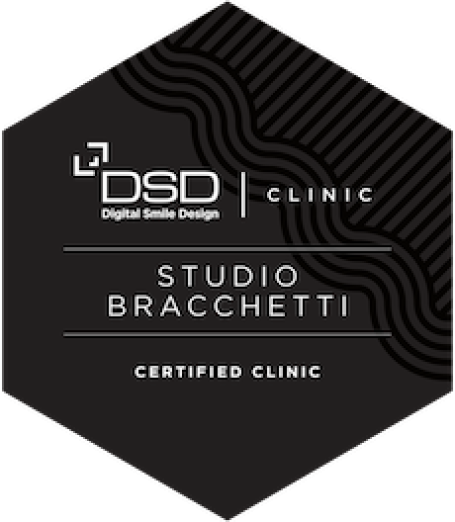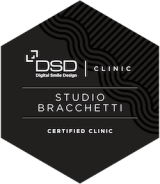Mobile and Fixed Prosthetics
Edentulism, that is, the lack of one or more teeth partial or total, is a widespread irreversible disease despite the enormous progress in prevention.
This not only affects people in old age, but can occur in any person as a result of advanced pathologies (caries, cystic lesions) or trauma. The lack of one or more dental elements can lead not only to physiological consequences (loss of tone of the muscles responsible for chewing, bone resorption, joint overload, occlusal problems, alteration of the remaining dental elements), but also on a psycho-social level, affecting the image that the subject has of himself and his relationships with others.
Why choose removable prostheses
Mobile dental prostheses are composed of artificial dental elements, made of resin or ceramic, which can be removed independently by the patient himself.
First of all there is a distinction to be made within the class of removable prostheses, that is, we have:
- Partial removable prosthesis
Indicated for subjects with partial edentulism and is anchored to other natural teeth or implants (although it can be removed by the patient) - Total mobile prosthesis (commonly known as denture)
Indicated for subjects with total edentulism and for this reason it will not be anchored to other teeth but resting on the gum (or anchored to dental implants), while being removable from the patient.
This type of prosthesis allows you to restore the aesthetic appearance of the teeth, to restore a good chewing capacity and to stabilize the residual teeth. It is also indicated for those patients who are not recommended to do invasive interventions and it is more economical.
The mobile prosthesis, however, requires care. In fact, it is essential that the patient observes careful sanitation rules of the prosthesis after every meal and that he removes it at least in the evening before going to sleep. Furthermore, it is essential that the patient undergo periodic checks at the trusted specialist, so that the stability and adherence of the prosthesis can be kept under control and possibly compensate for tissue changes (of the bone and gums).
Why choose fixed prostheses?
Fixed dental prostheses are prostheses that are cemented to the teeth or roots thus making them non-removable by the patient. This type of prosthesis can be composed of a crown, a protection that is placed on the damaged natural tooth and/ or a bridge that replaces one or more teeth by filling the empty space.
Even this type of prosthesis can be partial or total depending on the patient's condition.
The fixed prosthesis, unlike the mobile prosthesis, guarantees greater stability making it easier for everyday operations such as eating and talking. Daily cleaning remains essential, but will return to the same as always, avoiding the annoying cleaning procedures required with removable prostheses. In addition, the appearance of the teeth will be more natural, often allowing you to regain a smile and a youthful appearance.
In the case of fixed prostheses on implants, robust bone tissue is required that can properly support the structure. Therefore, in some cases, tissue regeneration and/ or bone and gingival grafts may be required. In other cases, a removable prosthesis may be recommended.
In conclusion, it is good to remember that when you need a dental prosthesis, it is good to contact experts in the field, like us at the Bracchetti Dental Clinic in Milan, specialized in prostheses.
We believe in the importance of a constant updating of techniques that allows us to guarantee our patients the best solutions to combine greater comfort with a more natural appearance.
If you would like to make an appointment at the Bracchetti Dental Clinic in Milan click Request form - Or you can write us on whatsapp and if you want to talk to the secretary you can do so easily by calling the office by clicking here
















